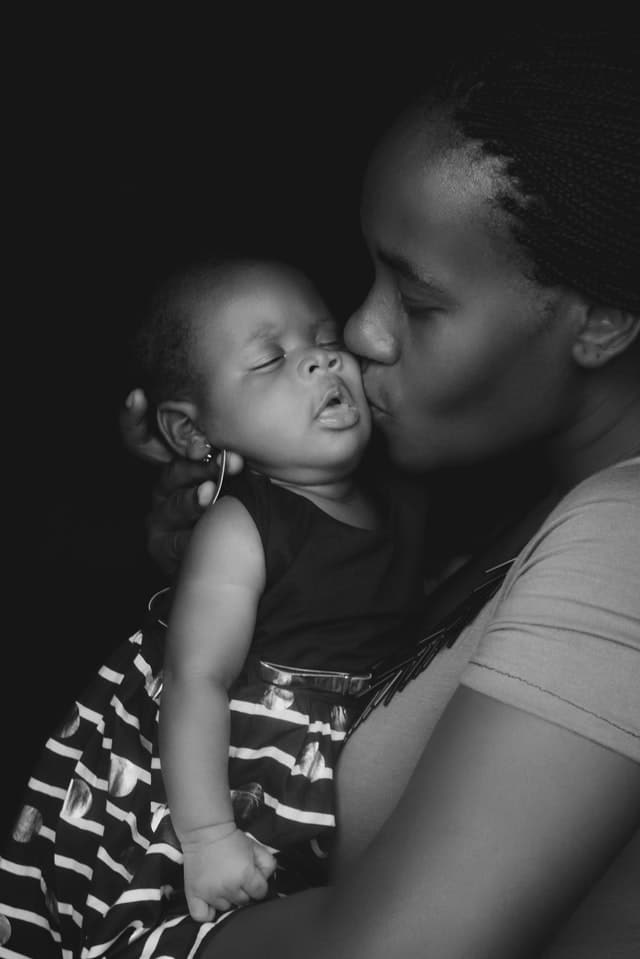Giving birth is a great experience for a mother and her family as a whole, but coping with postpartum depression; especially in new mothers is something to look out for by the whole family to ensure the safety of the mother and child.

Being pregnant can be one of the happiest moments in life that a woman could ever have. It is a time for new beginnings, a time of change, a season of growth for her, and the entire family. During this trying stage of a woman, she constantly feels and experiences different thoughts and feelings about her pregnancy and her baby. Sometimes, she can feel good and bright about life. On some days, she can be so depressed and irritable.

Postpartum Depression
However, some women may experience these heightened states of emotions by having postpartum depression; a type of depression that also occurs after childbirth. Also called postpartum non-psychotic depression; this condition affects about ten to twenty percent of women, mostly within a few months of delivery. If a woman is experiencing postpartum depression, she may exhibit any of the following symptoms:
- Depressed mood
- Easily provoked to tears
- Have trouble falling asleep
- Poor appetite
- Failure to enjoy pleasurable activities
- Feelings of inadequacy as a parent
- Impaired concentration
- Suicidal thoughts.
These symptoms can be seen in a woman if she acts differently towards herself and her baby as well. Having this type of depression includes risk factors; such as previous major depression, psychosocial stress, previous premenstrual dysphoric disorder, and inadequate social support. Another factor that can lead to postpartum depression is genetics. This type of depression can be passed down from mother to daughter. There is also a correlation between postpartum depression and women who suffer from severe premenstrual syndrome.
For New Mums
Going through labor is very stressful and tiring for a new mum. A new mum does not have time to regain her strength post-delivery; because of the demands and needs of the new baby. Just getting a good night’s sleep is nearly impossible with late-night feedings and diaper changes. Many new mothers question their own ability to be a good mom. They become overwhelmed with the care of the new baby’s needs; and start to worry that they aren’t providing the care their baby needs.

For new mums, postpartum depression can occur with a feeling that they are no longer who they used to be. Their old schedule and ways of doing things have been replaced by the needs of their new baby. They can also feel like they have to do it all and try to take care of the new baby; while doing all the things they used to do. This can be very tasking; because chances are the care of the new baby will not allow them to do all that they think they should.
New mums can also become disconnected from their partner and family. They find that their time is limited and they just don’t have time to spend with the rest of their family.
Coping with Baby blues
A big part of preventive care for postpartum depression entails becoming fully informed about the risk factors and effects of pregnancy and childbirth. Regular consultation with the obstetrician-gynecologist would also allow the new mother to get information; about the numerous physical, chemical or hormonal changes that will come as a result of pregnancy and childbirth.
Doctors will always play a key role in identifying and treating this type of depression. Women should be screened by their physician to know if they are at risk of acquiring postpartum depression; since this can give them a chance to prepare themselves for their childbirth at the physical, emotional, and mental levels.
For most women, the “baby blues” will usually go away as their hormone levels get back to normal. But for some women, the depression does not go away and can steadily get worse. It is very important that women who feel any kind of depression after childbirth talks to their doctor right away. Most cases of postpartum depression can be dealt with with medication and some counseling.
READ ALSO[How To Improve Maternal Mental Health]


